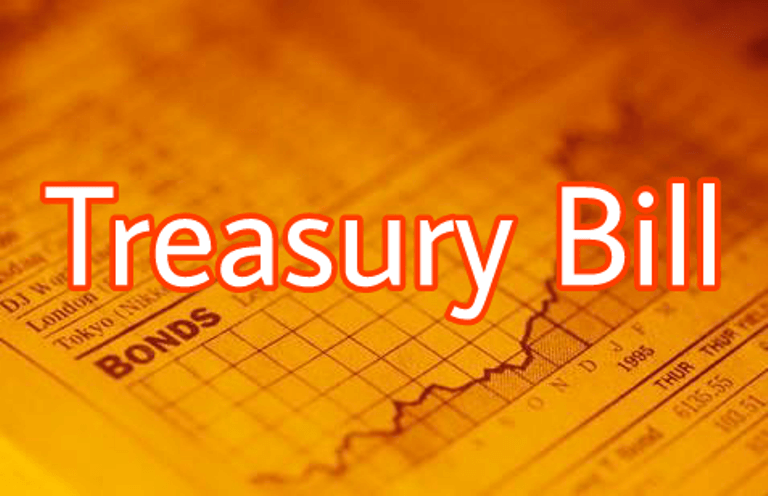A panel of investors and banks have ruled Ghana’s missed-coupon payments on its foreign denominated bonds counts as a failure-to-pay event, paving the way for a payout of the default insurance contracts tied to the country’s debt.
According to the Credit Derivatives Determinations Committee (CDDC), Ghana skipped payment of interests on January 18, 2023 of a $1 billion eurobond maturing in 2026. The missed payment triggered a 30-day grace period, which eventually expired at the end of the day on February 17, 2023.
The ruling, as indicated by CDDC, triggered the payout of the insurance protection on Ghana’s sovereign debt.
More so, Data from the Depository Trust & Clearing Corp disclosed that credit-default swaps covered a gross $66.4 million and net $34.4 million of Ghana’s debt as of February 10, 2023.
In addition, CBBT pricing compiled by Bloomberg also revealed that the nation’s eurobonds were unchanged, with the majority of the notes trading at a discount of 60-65% versus their face value.
The Credit Derivatives Determinations Committee had already ruled in January that Ghana’s decision to suspend debt servicing on its eurobonds, commercial term loans and most of its bilateral debt met the definition of a “potential repudation or moratorium.” This happened before the grace period on the first missed payment had expired.
Ghana has been engaging investors since November to restructure about $30 billion of its $46 billion in local and international debt. It recently completed the first part of a domestic restructuring, with investors exchanging 83 billion cedis ($6.5 billion), or 64% of holdings for new securities, against an overall target of 80%.
The country aims to start “substantive” discussions with international bondholders and their advisers in coming weeks.
Meanwhile, the African nation has also kicked off talks with China to restructure bilateral loans.
T-Bills Borrowing Cost Spikes To Over GHS 4bn
Likewise treasury bills, recent data have disclosed that the interest cost on Government of Ghana T-bills for the last three months (December 2022, January 2023, and February 2023) is estimated at GH¢4.416 billion. This figure represents a significant increase in borrowing costs compared to previous periods.

The government’s borrowing from the T-bills market has been substantial, with a total of ¢33.08 billion worth of T-bills purchased in the last three months. These instruments were sold by the government at an average yield of 35%, indicating the high cost of borrowing in Ghana’s current economic climate.
In December 2022, the government secured ¢12.60 billion at an interest rate of 35.72%. However, in January 2023, the government reduced its appetite for the short-term securities, mobilizing only ¢7.3 billion at a rate of 35.66%.
Surprisingly, in February 2023, the government’s borrowing from T-bills significantly shot up to ¢13.1 billion at an interest cost of 35.50%. This sudden increase in borrowing from the T-bills market has raised concerns among experts, with some questioning the government’s borrowing strategy.
In light of this, the government has announced plans to borrow ¢2.78 billion from the T-bills market this week to refinance maturing bills worth ¢2.55 billion. This move may alleviate some of the concerns raised by experts about the government’s reliance on T-bills.
However, it remains to be seen whether this will be enough to address the underlying issues affecting Ghana’s borrowing practices.

















